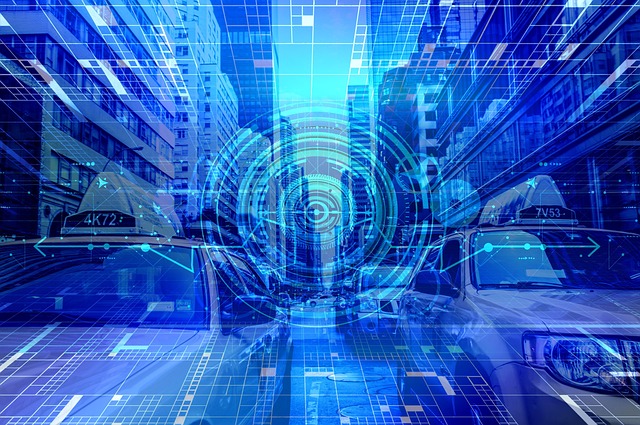The landscape of business is undergoing a dramatic transformation, propelled by intelligent technologies that are redefining the way organizations operate. At the forefront of this evolution are robotics and artificial intelligence, both of which promise to enhance productivity, streamline processes, and foster innovation across various sectors.
Robotics has made significant strides in leveraging intelligent technologies, capable of performing complex tasks that were once thought to be solely within the human realm. From sophisticated assembly line robots to autonomous delivery drones, these machines are designed to work alongside human workers, enhancing efficiency and reducing error rates. Businesses harnessing robotic automation are witnessing dramatically lower operational costs and improved turnaround times. The integration of robots into business workflows not only optimizes labor but also allows employees to focus on more strategic, creative, and value-added activities.
Another pillar of this automation revolution is artificial intelligence (AI). AI systems analyze vast amounts of data at an unprecedented speed, uncovering insights that humans may overlook. This capability enables businesses to make informed decisions swiftly, adapt to market changes, and resourcefully manage customer relationships. For example, AI-driven chatbots handle customer queries round-the-clock, providing instant support and freeing human representatives to address more complex issues. The scalability of AI applications in business is virtually limitless, with its potential stretching from marketing to supply chain management and even finance.
Moreover, intelligent technologies facilitate automation on a grand scale, leading to intelligent automation. This combines robotic process automation (RPA) with AI and machine learning to automate repetitive tasks while continuously learning and adapting to new conditions. By employing intelligent automation, businesses can achieve higher levels of efficiency and agility, which are crucial for thriving in today’s fast-paced market. Companies utilizing such systems can continually refine their processes and respond dynamically to customer needs—ultimately driving growth.
However, the adoption of intelligent technologies in business raises important considerations around the future of work. While automation undoubtedly increases productivity, it also poses challenges as certain job roles may evolve or become obsolete. Organizations must approach this transition with a focus on upskilling their workforce, enabling employees to thrive alongside technological advancements. Embracing a culture of continuous learning will help integrate human talent with emerging technologies more smoothly.
As we look towards the future, the potential of intelligent technologies in business is immense. Organizations that invest in these innovations today are likely to find themselves leading their industries, driving efficiencies that were once unimaginable. Harnessing the power of robotics and AI signals a new era of business—one where human ingenuity and machine intelligence work in harmony, setting the stage for unprecedented growth and creativity.
In summary, the fusion of robotics, artificial intelligence, and intelligent automation is set to revolutionize the industry landscape. Embracing these technologies will not only enhance operational performance but also redefine the capabilities and roles of employees in a rapidly evolving business environment. As companies explore these innovations, they will pave the way for a future characterized by greater collaboration, efficiency, and enhanced customer experiences.




